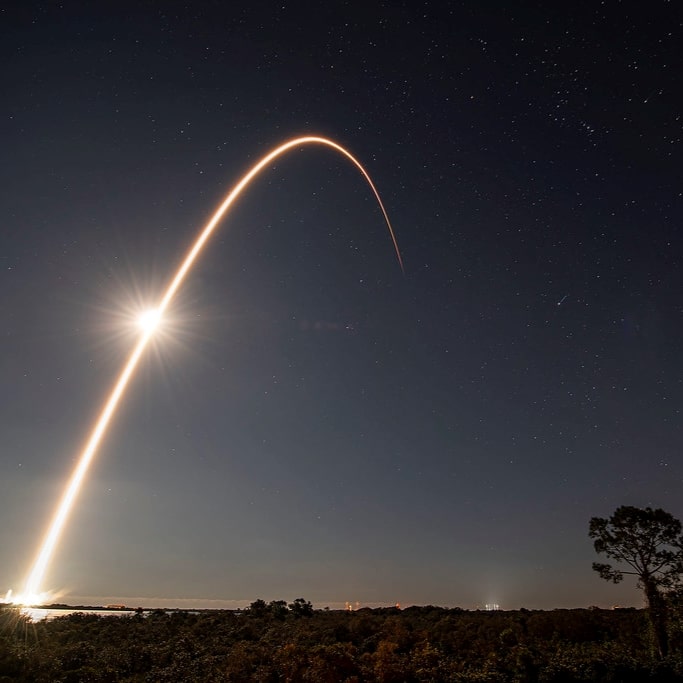The FCC has opted not to reverse its previous decision to reject SpaceX’s winning bid in the Rural Digital Opportunity Fund (RDOF) program. The company expected to receive over $885.5 million in the program, which was designed to cover some of the costs of deploying high-speed broadband service to unserved rural areas.
The program relied on a reverse auction, with funding for an area tentatively awarded to the provider that committed to deploying service for the lowest level of government support.
AT&T initially rejected SpaceX’s winning bid in August 2022, over 18 months after the RDOF auction was completed. Shortly after AT&T announced the rejection, SpaceX appealed that decision, which pertained to the company’s Starlink low earth orbit (LEO) satellite broadband offering.
In announcing the decision to uphold the original decision, the FCC said that it determined that SpaceX failed to demonstrate that its LEO system could deliver the promised service.
“The FCC followed a careful legal, technical and policy review to determine that this applicant had failed to meet its burden to be entitled to nearly $900 million in universal service funds for almost a decade,” said Rosenworcel in a press release about the decision on the appeal.
Not all FCC commissioners were on board with the decision, however. Both Republican commissioners dissented.
In comments filed with the order on review rejecting the appeal, Commissioner Brendan Carr said the commission erred in rejecting SpaceX’s appeal. He questioned the logic behind the commission’s concerns about whether SpaceX would be able to deliver the speeds needed to meet its bid commitments, based on the fact that the company had not yet delivered the required speeds.
“That would be like watching the pace lap of a NASCAR race and then predicting that the cars will never exceed 50 mph,” said Carr.
He also argued that deploying non-LEO alternatives would cost orders of magnitude more money.



